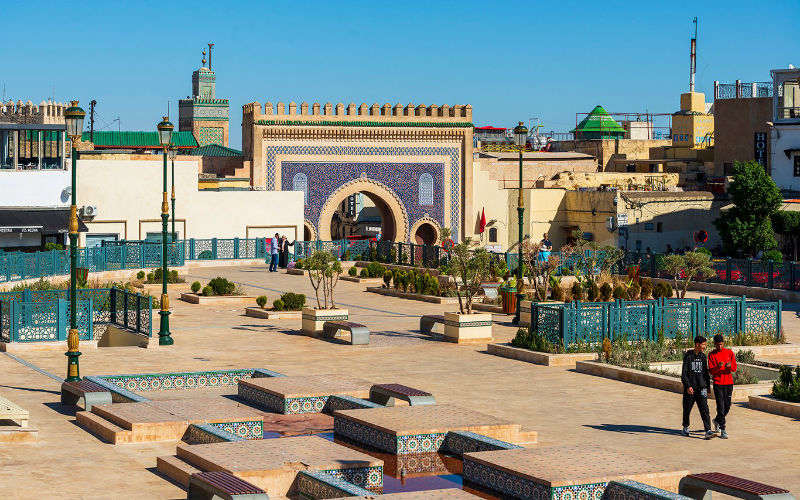Morocco’s Tax Evasion Loophole: Adouls Hampered in Real Estate Tax Collection

In Morocco, adouls (notaries) are limited in their role in tax collection for the benefit of the Treasury due to a loophole that opens the door to tax evasion.
Notary professionals cannot directly collect the taxes due on real estate transactions when concluding contracts - in particular through the "Third Party Notification" (ATD) applied through professional accounts. The persistent lack of professional deposit accounts allowing them to place their clients’ funds with the Caisse de Dépôt et de Gestion (CDG) thus limits their role in tax collection for the benefit of the Treasury. A loophole that opens the door to tax evasion. In the eyes of Abdellatif Jaid, president of the Regional Council of adouls near the Court of Appeal of Casablanca and president of the Commission on Scientific and Legal Affairs of the National Council of adouls, the persistence of cash payments in the majority of acts authenticated by the adouls is a practice "dangerous for the national economy". According to the statistics of Bank Al-Maghrib (BAM), the fiduciary money supply in circulation already represented 30% of the gross domestic product, or 437 billion dirhams at the end of March last, he recalls to Hespress.
Jaid was keen to specify that the adouls record a significant number of real estate sales contracts every day. Even if they are rigorous in requiring clients to provide a certificate issued by the collection services - attesting to the payment of taxes and duties levied on the property for the year of the transfer or assignment, their role remains limited. "The adouls do receive notifications from public accountants regarding the payment of debts owed to the Treasury, but the lack of a dedicated professional account for the deposit of clients’ funds prevents their full involvement in this process," Jaid points out. He points to a lack of willingness on the part of the legislator to assume its responsibilities, despite the recurring demands of the National Council of adouls, available for more than a decade, as well as the recommendations of the National Pact for the Reform of the Judicial System.
The president of the Regional Council also mentions the widespread use of cash payments in almost all transactions authenticated by the adouls. A trend which, according to him, directly threatens the national economy and compromises contractual security. "It is not in the interest of the State to see large sums escape its collection, nor in the general interest to allow the circulation of funds outside the official economic circuit," he points out. "To what extent does the adoulaire notary, through the ATD procedure, really contribute to the recovery of public debts and the balance between the rights of the Treasury and the guarantees of taxpayers? And above all, does the financial legislator have a real will to address the structural problem of cash payments that is currently plaguing the contractual market?" Jaid wonders, regretting that "certain dysfunctions remain, in particular the legal void left by Article 100 of the Code for the Recovery of Public Debts, which has allowed tax evasion to persist."
According to his explanations, this article has indeed excluded the adouls from the remittance of funds from disposals, even when they are required by the tax authorities, due to the absence of a legal basis compelling them to do so.
Related Articles
-

Morocco’s Olive Oil Exports Surge Despite Production Slump: Minister Explains Paradox
14 September 2025
-

Budget Traveler’s Dream: £30 Flight Unlocks Moroccan Luxury for British YouTuber
14 September 2025
-

Altice’s $24 Billion Debt Crisis: Patrick Drahi Eyes Sale of Moroccan Call Center Giant Intelcia
13 September 2025
-

Moroccan Dirham Surges Against Dollar as Official Reserves Hit 414.8 Billion
13 September 2025
-

Moroccan Entrepreneur Turns LA Pools into $70K Monthly Gold Mine
12 September 2025